-
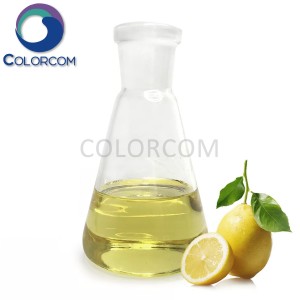
Lemon Oil|8007-75-8
Products Description Essential oils are highly concentrated liquids derived from the different parts of multiple plants (leaves, root, resin, flowers, wood, twigs etc) that contain volatile compounds of the parent plants that govern their odor, appearance, taste, and properties. We derive essential oils by deploying suitable extraction processes such as steam distillation, cold press, solvent extraction, CO2 extraction, and some others. Each essential oil has a very different properties.... -
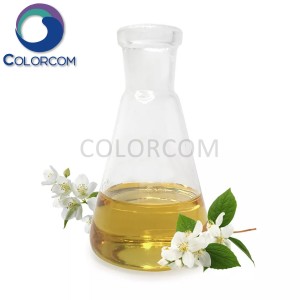
Jasmine Oil|8022-96-6
Products Description Jasmine essential oil is called “king of essential oils”. Jasmine essential oil production is very small and therefore very expensive, with its elegant smell, can relieve depressed mood, boost the spirit, enhance self-confidence, while care and good skin dry, water, oil and sensitive conditions, desalination stretch marks and scars, increase Skin elasticity, so that the skin feel soft. In the foot bath of hot water drops into a few drops of jasmine essent... -
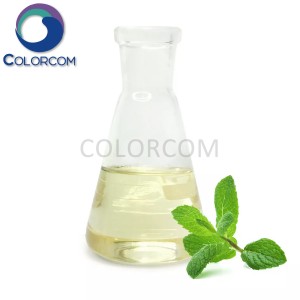
Spearmint Oil|8006-81-3
Products Description Deployment of toothpaste, gum flavor. As a food spice, it has the effects of anti-spasm, dispelling flatulence, killing insects, midwifery, restoring health and stimulating. Specification Product Name Wholesale price spearmint essential oil natural Spearmint oil Appearance Liquid Color Transparent Oil Liquid Purity 100% Natural Pure Certification GMP, MSDS Keywords Spearmint oil, natural Spearmint oil, therapeutic grade Spearmint oil Storage Keep ... -
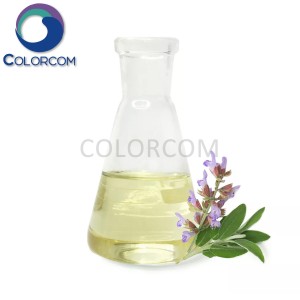
Ylang-ylang Oil|8007-2-1
Products Description Used for the preparation of flower flavor or beauty cosmetics raw materials. Considered the most sensual of essential oils, Ylang-ylang is a floral fragrance that has a sweet edge. It is the perfect oil for romantic massages from a partner and invokes a relaxed but sensual state. It can free the mind of negativity and increase positive feelings. Package: 25 kgs/bag or as you request. Storage: Store at a ventilated, dry place. Standards executed: International ... -
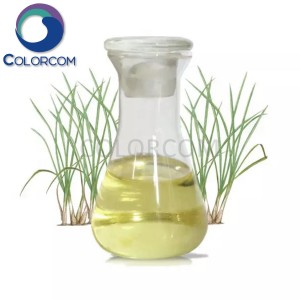
Lemon Grass Oil|8007-2-1
Products Description Lemongrass oil has a lemony, sweet smell and is dark yellow to amber and reddish in color, with a watery viscosity. It is a fresh smelling oil that can be used with success for fighting jet lag, cellulite, revitalizing a tired body and mind, as well as keeping the family pet free of fleas and ticks. It is extracted from cymbopogon citratus. Lemongrass oil is extracted from the fresh or partly dried leaves by steam distillation. Specification Product Name Lemo... -
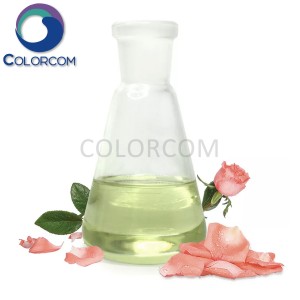
Rose Essence Oil|8007-01-0
Products Description It can prevent infectious diseases, treat skin, regulate endocrine, promote human physiological and psychological activities, anti-aging, anti-wrinkle. Application: 1. aromatherapy: the use of aromatic lamp or add a few drops of rose oil in water, the use of incense heating apparatus temperature, essential oils escaping to the atmosphere. 2. Bath: a few drops of rose oil, or 50-100ml Rose original solution (Perfume) – adding hot-water in the pool, and th... -
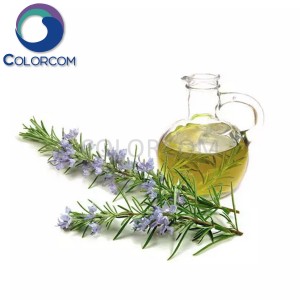
Rosemary Oil|8000-25-7
Products Description It tightens the skin, prevents wrinkles and balances oil. It promotes blood circulation and warms the body. The diuretic effect. Used in food cooking, it has a good antiseptic effect. Relieve muscle pain. Regulate the liver. Astringent skin, suppress dandruff, modify hair quality. Activate the brain cells, make the mind clear, increase memory, make the body and mind rejuvenate. Application: Rosemary oil is one of the most popular essential oils for its wide ar... -

Ginger Oil|8007-8-7
Products Description Perspiration Jiebiao, warm stop vomiting, warm lung cough, fish crab poison, antidote poison, dispel blood stasis, treat trauma; Conditioning oily skin, head wind, headache. Natural Ginger Oil is extracted from the fresh Ginger root using steam distillation method. It is 100% pure natural oil for the food seasoning, healthcare supplement, etc. Ginger is a flowering plant that originated from China. It belongs to the Zingiberaceae family, and is closely related to tur... -

Tea Tree Oil|68647-73-4
Products Description Tea Tree essential oil isolated from the leaves of the tea tree, Melaleuca alternifolia. For the sweet seasoning oil pressed from Camellia seeds, C. sinensis or C. oleifera, see tea seed oil. Tea tree oil, also known as melaleuca oil or tea tree oil, is an essential oil with a fresh camphoraceous odor and a color that ranges from pale yellow to nearly colorless and clear. It is from the leaves of the tea tree, Melaleuca alternifolia, native to Southeast Queensland an... -
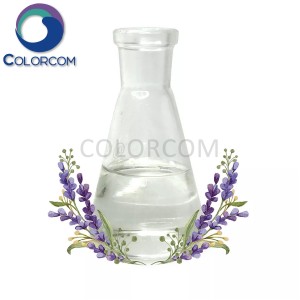
Lavender Oil|8000-28-0
Products Description Lavender Oil is one of the most famous fragrances used for aromatherapy, cosmetics and perfumery. Because of its multiple therapeutic properties, lavender is one of the most versatile aromatic plants. Specification Production Name Bulk Wholesale Cosmetic Grade Pure Nature Lavender Oil Purity 99 % Pure and Nature Grade Cosmetics grade, Medical grade Main Ingredient linalyl acetate Application Aromatherapy, Massage, Skin Care, Healthcare, Cosmetics, Pha... -
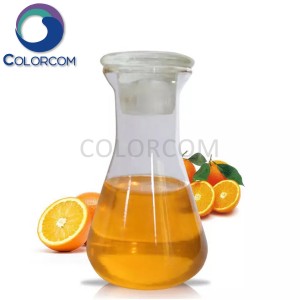
Sweet Orange Oil|8008-57-9 |8028-48-6
Products Description The preparation of beverages, food, toothpaste, soap and other essence and medicine. Orange oil is an essential oil produced by cells within the rind of an orange fruit (Citrus sinensis fruit). In contrast to most essential oils, it is extracted as a by-product of orange juice production by centrifugation, producing a cold-pressed oil. It is composed of mostly (greater than 90%) d-limonene, and is often used in place of pure d-limonene. D-limonene can be extracted fr... -
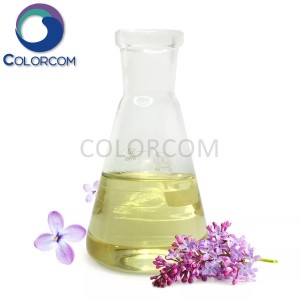
Clove Oil | 8000-34-8
Products Description Warm the stomach, warm the kidney, treat the stomach cold pain distension; Bad breath, toothache; Used for gastrointestinal gas, wringing pain, dyspepsia, nausea and vomiting; Rheumatic pain, neuralgia, also used to prevent rot and oral disinfection. Clove oil is a light yellow or colorless clear oil with a special aroma of cloves. When exposed to the air or stored for a long time, it becomes thicker and the color turns brown. Do not dissolve in water, soluble in alc...

